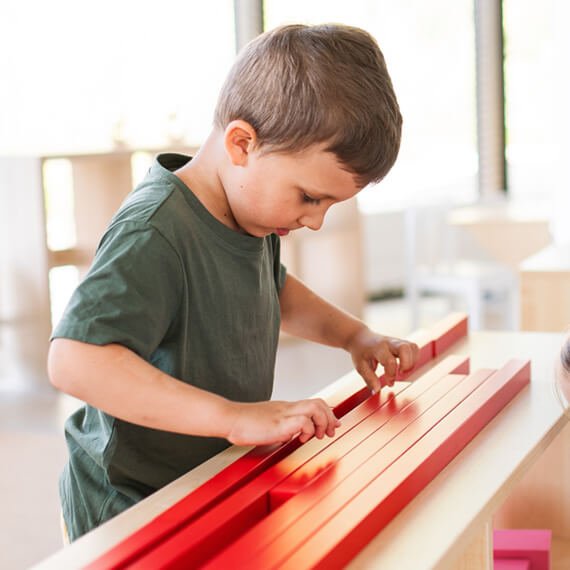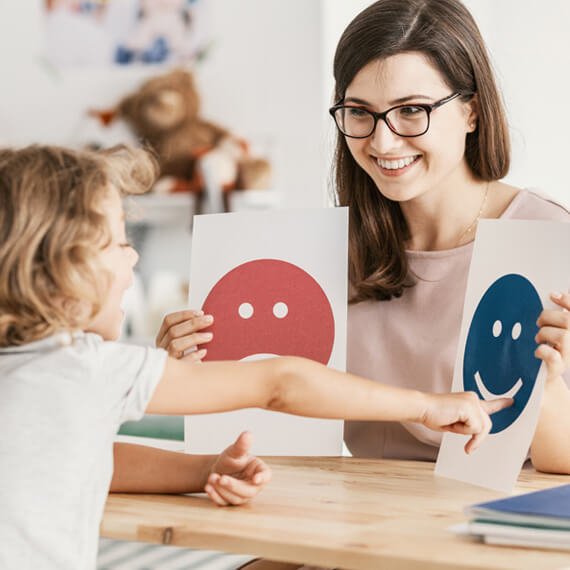
As parents, we all want the best for our children. We work hard to provide them with the right education, the best opportunities, and a safe environment. But one of the most profound influences on a child’s development often comes from what they observe in their own homes. Children are like sponges—they absorb everything around them, especially the behavior of their parents. This means that the way you act, speak, and treat others has a significant impact on your child’s understanding of how to navigate the world.
The Power of Observation in a Child’s Learning
Children learn by watching and imitating those around them. From a very young age, they observe their parents and caregivers closely, picking up on both verbal and nonverbal cues. This process of observational learning is a key part of their development, shaping their attitudes, behaviors, and understanding of social norms.
Why Observation is So Powerful
Mirroring Behavior: Children tend to mirror the actions and words of those they trust. If they see their parents handling situations calmly and respectfully, they are more likely to adopt similar behaviors.
Building Social Skills: By observing how parents interact with others, children learn how to communicate, resolve conflicts, and express their emotions. These skills are essential for building healthy relationships in the future.
Understanding Right and Wrong: Children develop their moral compass by observing the actions of their parents. If parents consistently demonstrate honesty, kindness, and empathy, children are more likely to value these traits.
The Role of Parents as Models
Being a parent is a big responsibility, not just in terms of providing for your child’s physical needs, but also in modeling the kind of behavior you want them to emulate. Children look to their parents as the ultimate guide to what is acceptable and what is not. Here’s why it’s crucial to be mindful of the example you set.
1. Words Matter
- Impact: The way you speak to others, including your child, has a lasting impact. Insults, harsh words, or sarcasm can easily become part of a child’s vocabulary and approach to communication.
- Action: Practice speaking kindly and respectfully, even when you’re frustrated. Apologize when necessary, showing your child that it’s okay to make mistakes and that how we handle them matters.
2. Actions Speak Louder Than Words
- Impact: Children notice everything, from how you treat the cashier at the grocery store to how you handle stress at home. If they see you reacting aggressively or impatiently, they may come to believe that such behavior is acceptable.
- Action: Demonstrate patience, understanding, and calm in your daily interactions. Show them how to deal with challenges in a constructive way.
3. Attitudes Towards Others
- Impact: Children pick up on your attitudes and prejudices, often adopting them as their own. If they hear negative remarks about others, they may internalize these biases.
- Action: Model inclusivity and respect for all people, regardless of differences. Encourage your child to appreciate diversity and be open-minded.
4. Handling Conflict
- Impact: How you resolve conflicts, whether at home or outside, teaches your child a lot about handling disagreements. If conflicts are handled with yelling or avoidance, children may mirror these ineffective strategies.
- Action: Practice healthy conflict resolution by communicating openly and respectfully. Involve your child in problem-solving discussions to teach them how to work through issues constructively.
5. Self-Care and Emotional Health
- Impact: Children also observe how you take care of yourself. If they see you managing stress, eating healthily, and taking time for self-care, they’ll learn the importance of looking after their own well-being.
- Action: Make self-care a visible priority. Let your child see you practicing mindfulness, exercise, or relaxation techniques. Discuss emotions openly and model healthy coping strategies.
The Consequences of Negative Role Modeling
When parents unintentionally model negative behavior—be it through insults, aggression, or unhealthy habits—children often replicate these behaviors. They might believe that it’s acceptable to treat others poorly, handle stress with anger, or neglect self-care. Over time, this can lead to difficulties in their social interactions, emotional regulation, and overall mental health.

How to Be a Positive Role Model
To be a positive role model, it’s important to be mindful of your actions and words, especially around your children. Here are a few tips to guide you:
Practice Self-Reflection: Regularly reflect on your behavior and its potential impact on your child. Identify areas where you can improve and set goals for positive change.
Be Consistent: Consistency is key in modeling behavior. Children need to see that positive behavior isn’t just occasional, but a regular part of life.
Involve Your Child: Talk to your child about why you make certain decisions or handle situations the way you do. This helps them understand the reasoning behind your actions.
Lead by Example: Show your child the values you want them to adopt by living those values yourself. Whether it’s kindness, honesty, or perseverance, embody the traits you want to see in your child.
Apologize When Necessary: If you make a mistake, own up to it. Apologizing shows your child that everyone makes mistakes and that what’s important is taking responsibility and making amends.
Children are constantly learning from the world around them, and as parents, you are their primary teachers. By being a positive role model, you can significantly influence your child’s development in a way that promotes kindness, respect, and responsibility. Remember, your actions today shape the adults your children will become tomorrow. By being mindful of your behavior and making conscious efforts to model positive traits, you set the stage for your child to grow into a well-rounded and emotionally intelligent individual.
Your child is watching—make sure what they see is something you’re proud for them to imitate.
